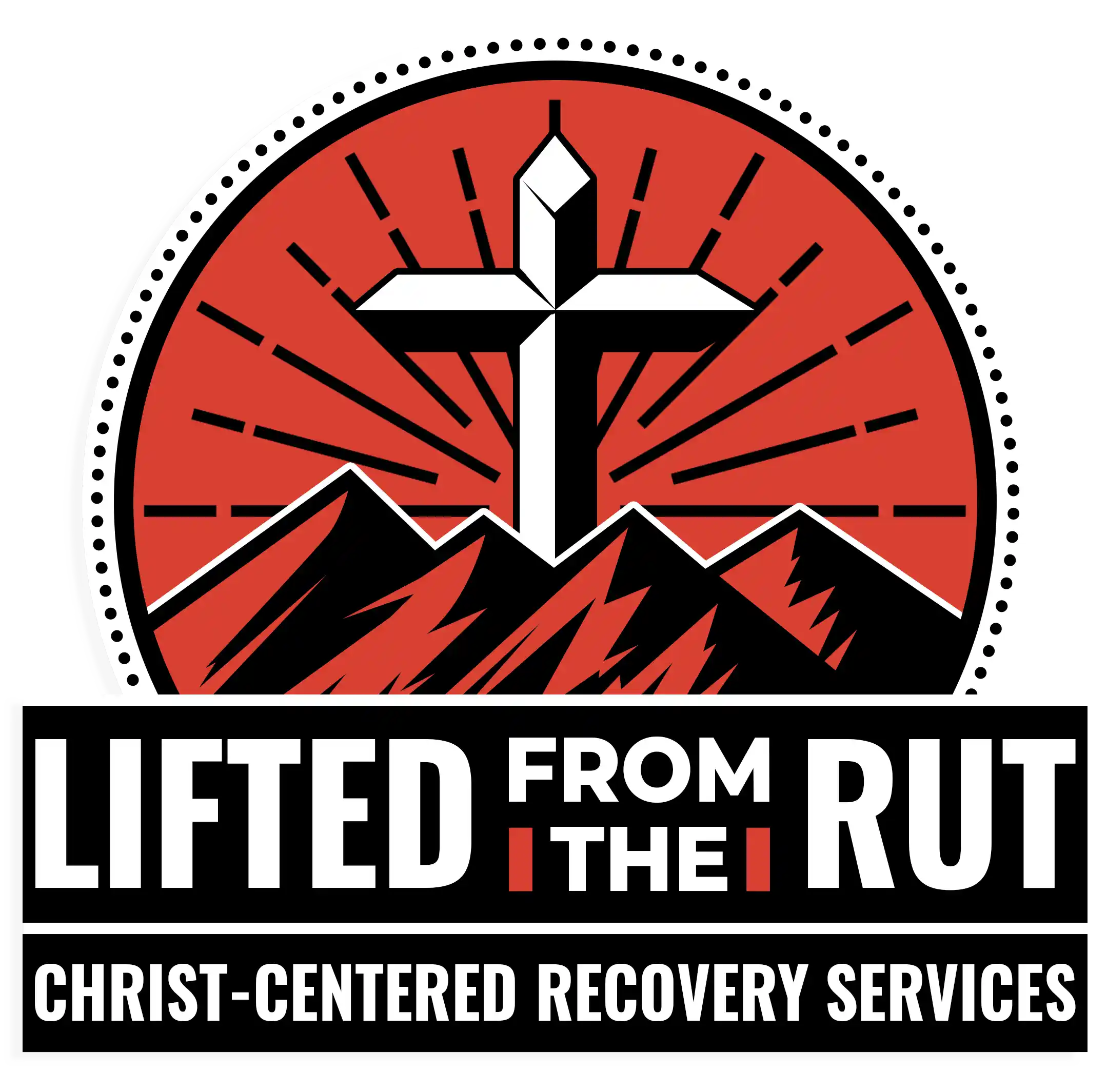Access to addiction treatment in Colorado often depends on understanding which insurance plans cover services like inpatient rehab, outpatient programs, detox, and medication-assisted treatment is vital for anyone seeking recovery. Insurance plays a pivotal role in making quality substance use disorder care both affordable and accessible across the state.
In this article, we discuss the different types of insurance available to Colorado residents, the scope of coverage for addiction treatment services, and how to verify benefits. We also provide a special focus on insurance coverage for faith-based treatment programs to help guide those exploring this option.
Understanding Insurance Coverage for Addiction Treatment
Federal and Colorado state laws ensure that insurance companies provide coverage for mental health and substance use disorder treatment comparable to other medical services. The Mental Health Parity and Addiction Equity Act (MHPAEA) requires health plans to offer parity in covering mental health and addiction services, and the Affordable Care Act (ACA) mandates substance abuse treatment as an essential health benefit in most insurance plans.
Colorado further strengthens these protections through the Behavioral Health Care Coverage Modernization Act, which enforces parity for both private insurance and Medicaid, known as Health First Colorado. Together, these laws make treating substance use and co-occurring mental health disorders more accessible and affordable for Colorado residents.
Types of Insurance Covering Addiction Treatment in Colorado
Private Health Insurance
Many Coloradans receive addiction treatment coverage through private insurance plans such as those offered by UnitedHealthcare, Cigna, Blue Cross Blue Shield, and Aetna. These plans typically cover inpatient rehab, outpatient programs, detox services, medication-assisted treatment (MAT), and aftercare support.
Coverage details, including deductibles, copayments, and prior authorization requirements, vary by insurer and plan. It is important to verify whether a rehab facility is in-network to reduce out-of-pocket costs and confirm the specific addiction services your plan covers.
Public Insurance
Medicaid, under the name Health First Colorado, provides extensive coverage for substance use treatment to eligible low-income residents, including detoxification, inpatient programs, outpatient services, and MAT for opioid use disorder. Medicare also offers coverage for mental health and substance abuse treatment, though it mainly serves individuals over 65 or with disabilities. While public insurance is often more affordable, it may have more limited provider options.
Military and Veterans’ Insurance
TRICARE and the Department of Veterans Affairs offer substance abuse treatment benefits, but they may impose limits such as a lifetime cap on the number of inpatient treatments. Veterans and active military personnel should review these benefits carefully to determine what inpatient and outpatient rehab programs are covered.
What Addiction Treatment Services Are Typically Covered?
Insurance plans in Colorado generally cover a wide range of substance use treatment services, including:
- medical detox to safely manage withdrawal symptoms
- residential and inpatient rehab programs
- outpatient and intensive outpatient programs (IOPs)
- medication-assisted treatment for opioid or other substance use disorders
- individual and group counseling
- care for co-occurring mental health disorders.
These services may be provided through licensed and accredited residential care or outpatient facilities. By law, plans cannot impose annual or lifetime limits on these essential services, helping individuals access the care needed to support long-term recovery.

Factors Impacting Coverage and Costs
The extent of insurance coverage depends on several factors, such as plan type (HMO, PPO, EPO), deductible amounts, copayments, and whether the facility is in-network. Prior authorization is often required for inpatient rehab or medication-assisted treatment, meaning your insurer must approve coverage before treatment begins.
Out-of-network care may lead to higher out-of-pocket expenses or no coverage at all. It is crucial to work with treatment center staff and your insurance provider to clarify these elements before committing to a program.
How to Verify Insurance Coverage and Navigate Claims
To verify coverage, start by contacting your insurance company using the customer service number on your card or using their online portal. Ask specific questions about addiction treatment benefits, in-network providers, covered services, and pre-authorization processes.
Treatment centers often employ insurance specialists who can help determine your benefits and assist with paperwork. If a claim is denied, you have the right to appeal or seek alternate funding options such as grants, sliding scale fees, or financial assistance programs offered by some facilities.
Insurance Coverage for Faith-Based Addiction Treatment Programs
Faith-based addiction treatment centers in Colorado merge clinical addiction treatment with spiritual or religious support. Insurance coverage for these programs depends largely on whether the facility is state-licensed and accredited. Most major insurance providers, including Medicaid and Medicare, will cover treatment at faith-based programs if they meet clinical guidelines and offer evidence-based addiction services such as counseling and medication-assisted treatment.
However, private insurers might require verification that the program is medically necessary and that the facility meets licensing requirements. It is important for individuals seeking faith-based residential or outpatient treatment to confirm coverage with both the insurer and treatment center in advance. Many faith-based programs also offer sliding scale fees, scholarships, or payment plans to help when insurance coverage is limited or unavailable.
Final Thoughts from LFTR Christ-Centered Rehab Services
Understanding your insurance coverage is essential for accessing quality addiction treatment in Colorado—from detox to outpatient care. Knowing your benefits and legal protections can help you find a program that meets your clinical and personal needs. If you’re considering faith-based treatment, be sure to confirm insurance acceptance and licensing. With the right information and planning, you can make empowered decisions and begin a successful recovery journey.
At LFTR Christ-Centered Rehab Services, we offer insurance-compatible treatment programs that integrate clinical proficiency with faith-based guidance. Our personalized approach addresses both the physical and spiritual dimensions of addiction, ensuring care that is both accessible and affordable.





